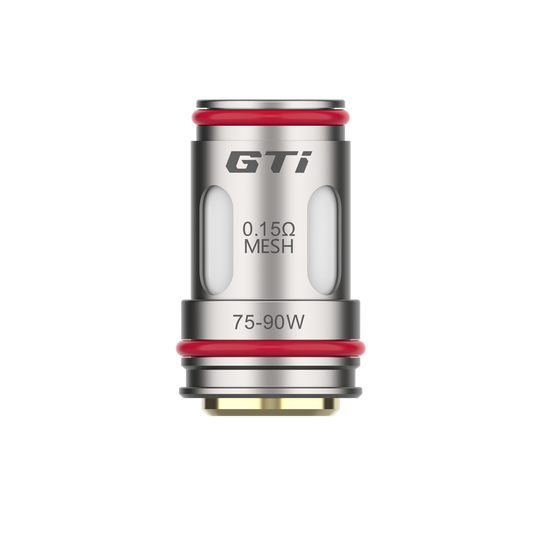Understanding Ignition Coil Packs
Ignition coil packs are crucial components in modern vehicles, responsible for transforming the battery's low voltage into the high voltage needed to create an electric spark in the spark plugs. This spark ignites the fuel-air mixture in the engine cylinders, enabling the engine to run smoothly. However, like any mechanical component, ignition coil packs can encounter issues that may affect vehicle performance.

Common Symptoms of Faulty Ignition Coil Packs
Recognizing the symptoms of a failing ignition coil pack is the first step in troubleshooting. Common indicators include:
- Engine Misfires: A misfiring engine is often a sign of a faulty coil pack. You may notice a rough idle, hesitation during acceleration, or a noticeable drop in power.
- Check Engine Light: A malfunctioning coil pack can trigger the check engine light. Diagnostic trouble codes (DTCs) related to misfires or ignition issues can be retrieved using an OBD-II scanner.
- Poor Fuel Economy: If the coil pack is not delivering the necessary spark, the engine may consume more fuel to compensate for the lack of power.
- Difficulty Starting: A weak or failing coil pack can make it hard to start the engine, especially in cold weather.
Diagnosing Ignition Coil Pack Problems
Once you've identified the symptoms, the next step is diagnosing the issue. Here are some methods to consider:
- Visual Inspection: Check the coil pack for any visible signs of damage, such as cracks, corrosion, or burnt marks. Also, inspect the wiring and connectors for any signs of wear or damage.
- Swap Test: If your vehicle has multiple coil packs, you can swap the suspected faulty coil pack with a known good one. If the problem moves to the new location, the coil pack is likely the culprit.
- Resistance Testing: Using a multimeter, measure the resistance of the coil pack's primary and secondary windings. Compare the readings to the manufacturer's specifications to determine if the coil pack is within the acceptable range.
- Oscilloscope Testing: For a more detailed analysis, an oscilloscope can be used to observe the coil pack's waveform. Irregular patterns can indicate issues with the coil pack's performance.
Preventive Maintenance and Replacement
To avoid unexpected failures, regular maintenance of the ignition system is essential. Here are some tips:
- Regular Inspections: Periodically inspect the ignition coil packs and related components for any signs of wear or damage.
- Timely Replacements: Replace ignition coil packs as recommended by the vehicle manufacturer or if any symptoms of failure are observed.
- Quality Parts: Use high-quality replacement parts to ensure longevity and reliable performance.
- Professional Assistance: If you're unsure about diagnosing or replacing ignition coil packs, seek assistance from a professional mechanic.
Conclusion
Troubleshooting common issues with ignition coil packs requires a keen eye for symptoms and a methodical approach to diagnosis. By understanding the signs of failure, performing thorough inspections, and conducting appropriate tests, you can ensure your vehicle's ignition system remains in optimal condition. Regular maintenance and timely replacements are key to preventing unexpected breakdowns and maintaining peak engine performance. Remember, a well-maintained ignition system not only enhances your vehicle's efficiency but also contributes to a smoother and more enjoyable driving experience.








